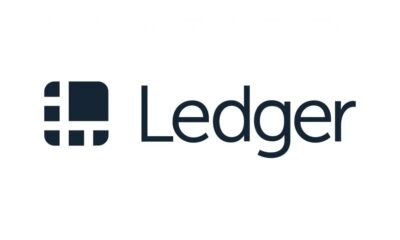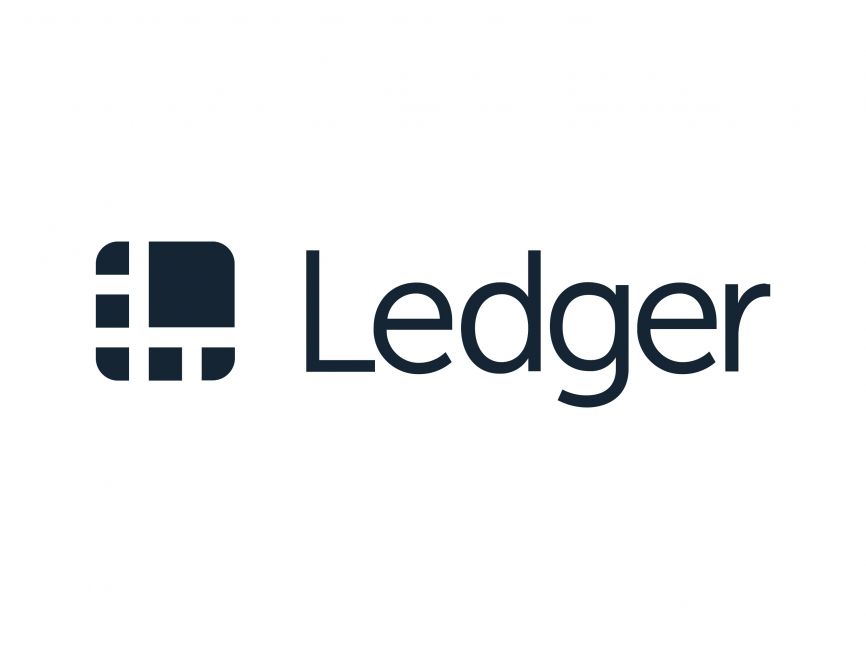Business
SEC seeks comment on in-kind redemptions for Bitcoin, Ether ETFs
-

 Business4 days ago
Business4 days agoGermany seizes $38M in crypto from Bybit hack-linked eXch exchange
-

 Business4 days ago
Business4 days agoTrump tricked into pushing XRP for crypto reserve
-

 Business5 days ago
Business5 days agoBinance founder CZ Zhao asked Trump to pardon money laundering conviction
-

 Business7 days ago
Business7 days agoBinance founder CZ says Bitcoin could hit $500K–$1M this cycle
-

 Business5 days ago
Business5 days agoBinance’s BNB Chain rebounds amid institutional, DeFi adoption
-

 Business6 days ago
Business6 days agoBlackRock Bitcoin ETF clocks 16 days of inflow as BTC reclaims $97K
-

 Business6 days ago
Business6 days agoSouth Korea presidential front-runner pledges to approve Bitcoin ETFs
-

 Business1 week ago
Business1 week agoAptos exec sees Web 2.5 platforms earning ‘tons’ of revenue
























